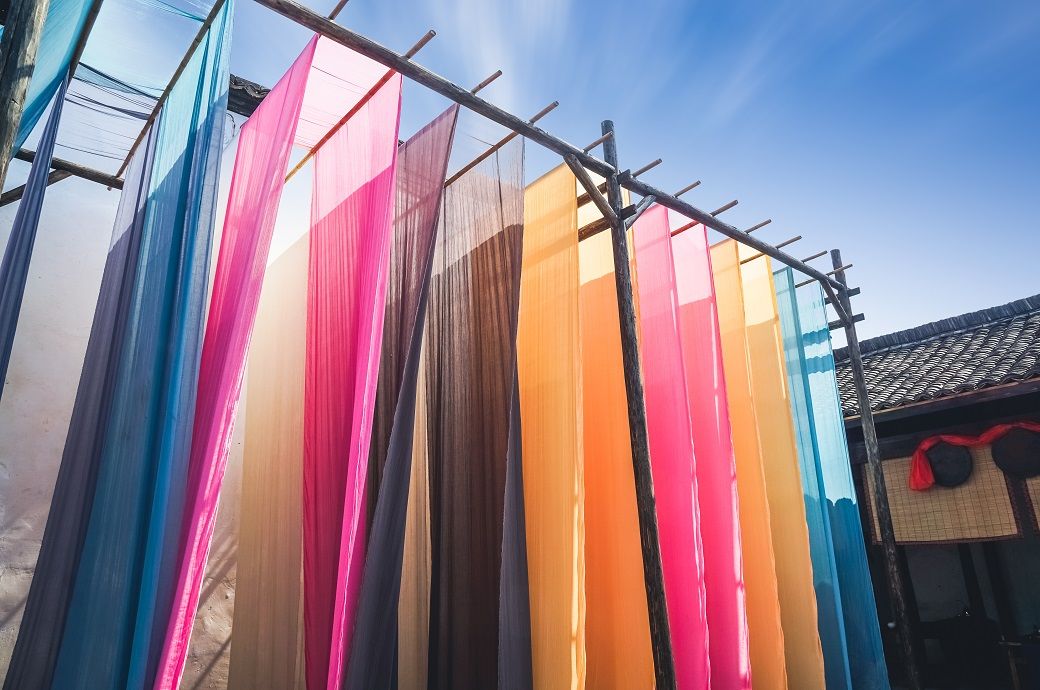

Harbir Singh, the Superintendent Engineer at the PPCB, told media in Ludhiana last week that approximately 50 dyeing units in and around Ludhiana had been inspected by the Board. Half of these were operating without implementing Fluidized Bed Combustion (FBC) technology, a method known to minimise air pollution from solid fuel. Nonetheless, around a dozen units are in the process of installing FBC technology, with plans to complete the installation by the end of June 2023. Other units, however, could face closure orders from the PPCB if they fail to comply.
Ashok Makkad, the president of the Ludhiana Dyeing Units Association, said that some units were burning plastic, scrap, and waste materials as alternatives to coal, pet coke, and rice bran, which exacerbates the air pollution problem. However, owners of smaller dyeing units argued that the cost of installing FBC technology, around ₹7 lakhs, was beyond their financial capabilities, particularly after facing a slump season for the past year. It is estimated that Ludhiana hosts around 300 dyeing units.
In a related event, PPCB teams carried out raids on dyeing units in Ludhiana to inspect water treatment plants. Three dyeing units were found releasing untreated water into open drainage systems. This action was taken in response to complaints, with the inspection team led by Sandeep Bahal, Ludhiana-based chief engineer of the PPCB. The team's report has been submitted to the chairman of the PPCB, who may order the closure of these units in response.
Ludhiana is a major centre for the dyeing and processing of grey fabric, with hundreds of units producing finished fabric used by garment units in Punjab and other regions of northern India.
Fibre2Fashion News Desk (KUL)